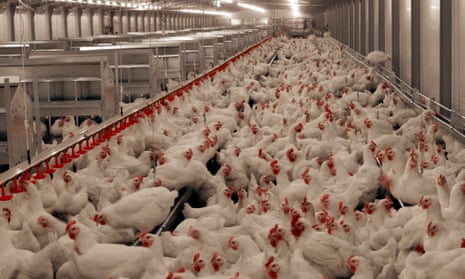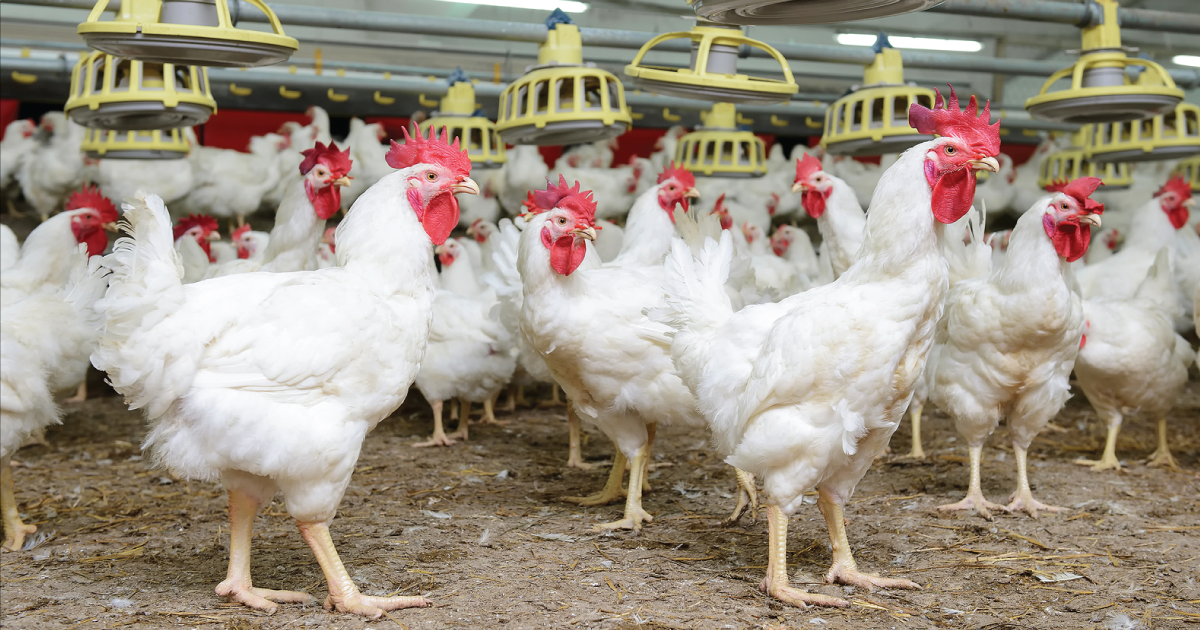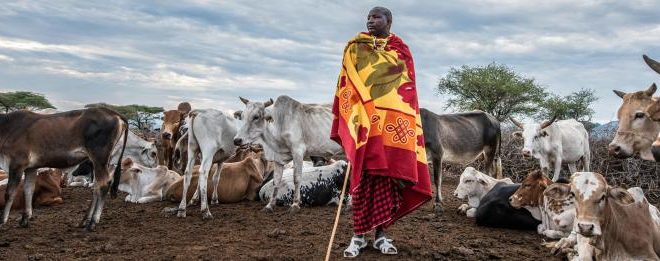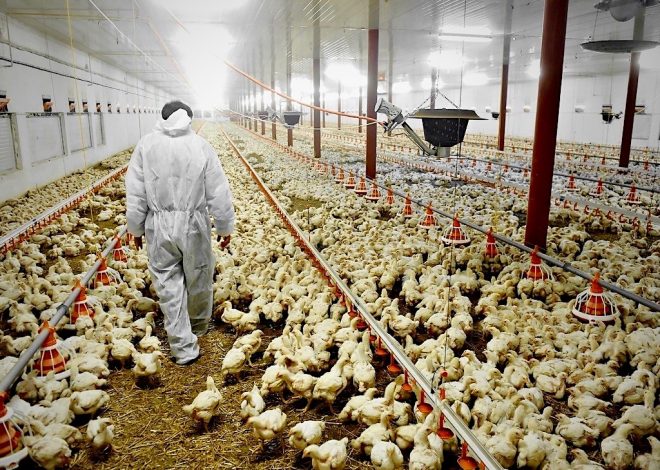
In the pursuit of sustainable development and global food security, development banks play a pivotal role in funding industrialized livestock farms across the world. This article delves into the significant impact of development bank support in catalyzing the growth of modernized livestock operations, driving economic development, and meeting the increasing demand for high-quality protein.
- Global Economic Impact: Development banks, recognizing the importance of a robust livestock sector, have been instrumental in financing industrialized farms. This support extends beyond national borders, fostering economic growth in diverse regions. By injecting capital into state-of-the-art facilities and technologies, these banks contribute to job creation, increased agricultural productivity, and the development of associated industries.
- Technology and Efficiency: Industrialized livestock farms benefit from cutting-edge technologies that enhance efficiency and productivity. Development banks facilitate the adoption of precision livestock farming, automated feeding systems, and smart infrastructure. These innovations not only streamline operations but also lead to higher yields, reduced resource consumption, and improved animal welfare.
- Sustainable Practices: Development banks emphasize sustainability in their funding initiatives, encouraging the implementation of eco-friendly practices in industrialized livestock farming. This includes waste management systems, water conservation measures, and the promotion of responsible land use. Through targeted investments, development banks help create a balance between industrialization and environmental stewardship.
- Capacity Building and Knowledge Transfer: Beyond financial support, development banks play a crucial role in capacity building and knowledge transfer. Collaborative initiatives with research institutions and educational programs ensure that farmers in various regions are equipped with the skills and knowledge needed to operate and manage modernized livestock farms effectively.
- Global Food Security: Industrialized livestock farms supported by development banks contribute significantly to global food security. The increased efficiency and productivity of these operations help meet the rising demand for meat and dairy products worldwide. By supporting projects that adhere to high-quality standards and ethical farming practices, development banks actively contribute to a more resilient and secure global food supply chain.
- Empowering Local Communities: Development banks focus on empowering local communities through their livestock farming initiatives. By fostering entrepreneurship, creating employment opportunities, and promoting inclusive business models, these banks contribute to the socio-economic development of regions where industrialized livestock farms are established.
Conclusion: The role of development banks in fueling the growth of industrialized livestock farms is paramount in shaping the future of global agriculture. As these financial institutions continue to prioritize sustainability, efficiency, and community development, the impact on economic prosperity, technological advancement, and global food security is poised to be profound. Through strategic investments and collaborative efforts, development banks are sowing the seeds for a more resilient and sustainable future in the realm of industrialized livestock farming.












